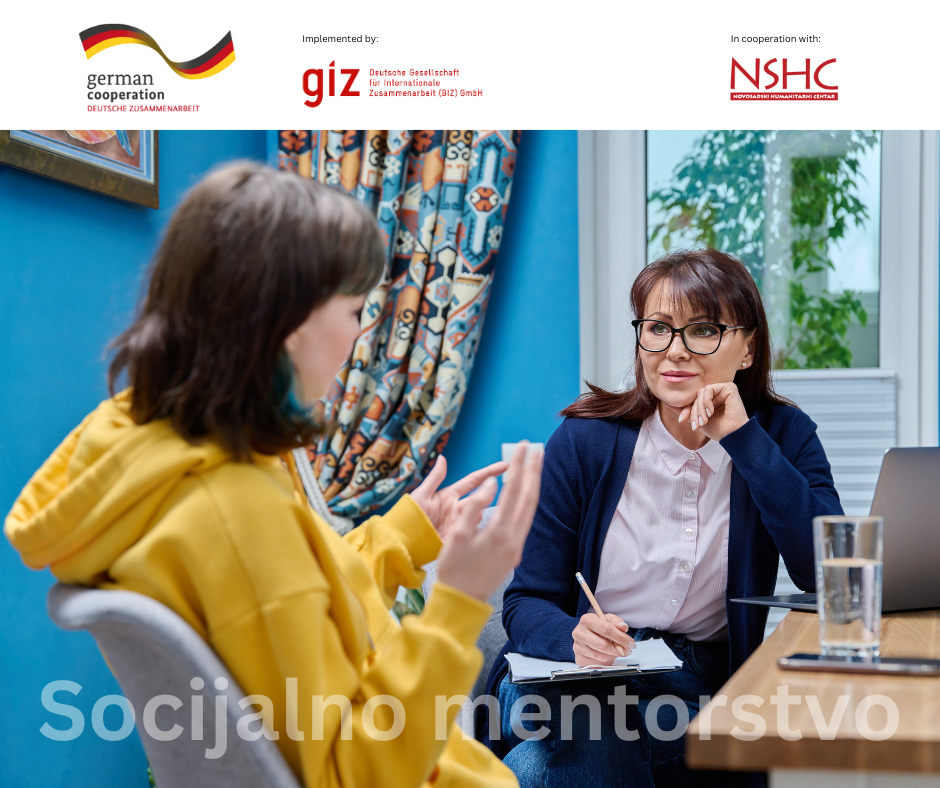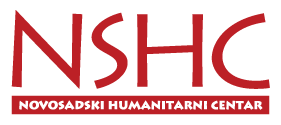
The project “Social mentoring as a work integration approach for vulnerable groups in Serbia” aims to contribute to the promotion of employment of vulnerable groups through building the capacity of professionals – future social mentors – to provide adequate support to vulnerable people and promote social mentoring as an innovative approach to employment in the social welfare system.
The project was designed in cooperation between the Novi Sad Humanitarian Centre (NSHC) and PUBLIC – Association for Research, Communications and Development from North Macedonia, which has been dealing with work integration of vulnerable people for several years and which promotes social mentoring in the Western Balkans region. The training program for social mentors has been verified by the Center for Adult Education in North Macedonia, and “Work Integration Mentor” is a recognized profession in that country.
The project is supported by the German Development Cooperation regional project “Social inclusion for disadvantaged groups in the Western Balkans” in the period from 1.12.2023 until 30.11.2024.
The labor market in Serbia is characterized by a relatively low participation of the labor force and high inactivity of vulnerable groups, including a large part of young people who are neither employed nor in the process of education or training. Informal employment remains high, and labor shortages are a key long-term labor market challenge[1]. As in other countries of the region, women are mostly represented in the passive labor market, there is a high youth unemployment rate and there is a lot of migration outside the country, which emphasizes the social exclusion of vulnerable groups and individuals. Vulnerable persons do not have the necessary skills and competences to get and keep a job in the open labor market due to the mismatch between educational and social policies. Similarly, experts are not adequately prepared to help vulnerable groups and individuals in the labor market. In Serbia, there are active employment measures aimed at vulnerable groups, but there is no evidence of their long-term contribution to reducing unemployment and social exclusion. Integration into the labor market is often focused only on professional education and skills improvement, but the “soft” skills of the vulnerable, as well as the sensitization of the private sector in working with hard-to-employ people, are also very important.
NSHC selected 8 future social mentors in Serbia. After theoretical and practical training they will provide social mentoring services (mentoring for work integration) to 24 mentees. The project will also provide opportunities for the mentees to attend professional trainings for their easier employment. Social mentors will have continuous support, and their work will be monitored and evaluated. In this process, NSHC will develop its organizational capacities to integrate and implement the social mentoring approach.
